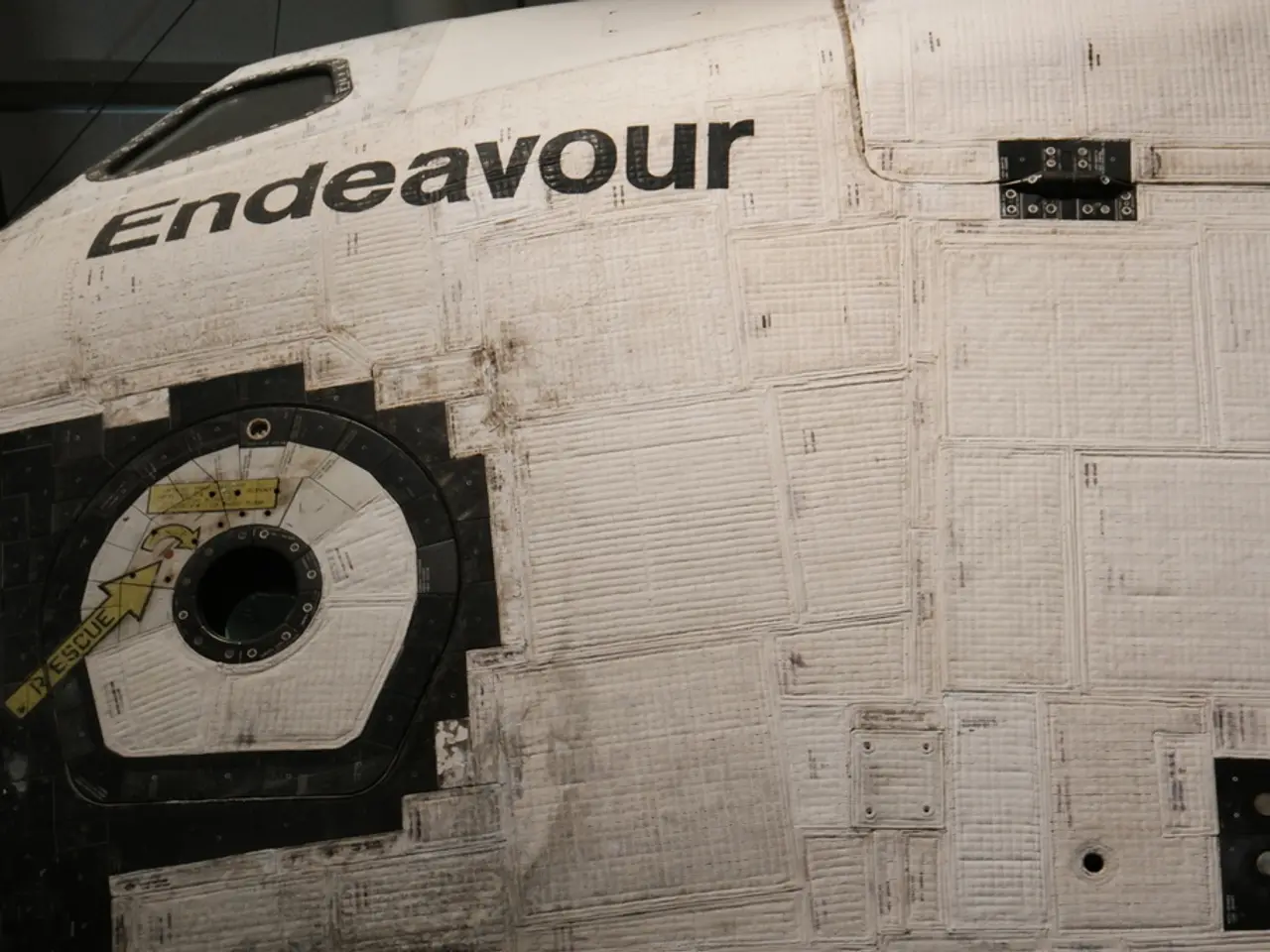NASA Faces Potential Challenges Following Jared Isaacman's Departure
President Trump's proposed budget for NASA in 2026 includes a $6 billion cut, aiming to return Americans to the Moon before China and potentially set foot on Mars. However, the absence of a confirmed NASA administrator has left the space community in uncertainty, following the withdrawal of Jared Isaacman's nomination.
Isaacman, a billionaire tech entrepreneur and private astronaut, was nominated in December 2024 and had passed committee approval. His withdrawal, announced in late May 2025, came as a surprise to many. The White House stated that the next NASA leader must be fully aligned with Trump’s "America First" agenda, and a replacement would be announced directly by the president soon. As of early June 2025, no successor nominee has been publicly named or confirmed.
Isaacman himself indicated that he was told Trump had "decided to go in a different direction" without giving a specific replacement. The space community views the absence of a confirmed administrator as a serious blow to NASA amid budget cuts and program reductions. Experts do not express optimism that any forthcoming nominee would improve the agency’s prospects compared to Isaacman’s moderate and institutional approach.
Trump's change of heart is reportedly attributed to donations Isaacman had made to Democrats in the past. Isaacman was a fan of the private space sector and a close ally of SpaceX founder and CEO Elon Musk. Musk had lobbied for Isaacman's nomination, but the proposed budget does not mention him or his role in the nomination.
The proposed budget also aims to phase out NASA's Space Launch System (SLS) rocket and its Orion capsule, replacing them with commercial substitutes for the agency's upcoming Artemis missions to the Moon. The budget would also axe NASA's Mars Sample Return, citing it as an unaffordable mission, and terminate NASA's Lunar Gateway, an in-the-works space station that would be the first to orbit the Moon.
Despite the uncertainty, the proposed budget highlights the objectives of returning to the Moon before China and putting a man on Mars. The budget does not specify how the funding for these objectives will be allocated. As the space community awaits the announcement of a new NASA administrator, the future of NASA's ambitious plans remains uncertain.
[1] Space.com, "No New NASA Administrator Nominee Announced After Isaacman's Withdrawal", [URL] [2] NASA Watch, "NASA Faces Uncertain Future Without Confirmed Administrator", [URL] [3] The Verge, "NASA's Future in Doubt as Trump Withdraws Isaacman's Nomination", [URL]
- The space community views the absence of a confirmed NASA administrator as a serious blow to NASA amid budget cuts and program reductions, with experts questioning if any future nominee could improve the agency’s prospects compared to Isaacman's moderate and institutional approach.
- The proposed budget aims to return Americans to the Moon before China and potentially set foot on Mars, but its objectives remain uncertain due to the lack of a confirmed administrator and the removal of key programs like the Space Launch System (SLS) rocket, Orion capsule, Mars Sample Return, and Lunar Gateway.
- Despite the proposed budget’s focus on advancing space technology, private tech entrepreneur and space enthusiast Jared Isaacman had his nomination as NASA administrator withdrawn in May 2025, leaving the space community in uncertainty over the future of America's space agency.
- As the race for space exploration continues, both Gizmodo and Space.com have reported on the controversial withdrawal of nominee Jared Isaacman and the potential impact on NASA's ambitious plans for the future, including the return to the Moon and an eventual manned mission to Mars.




